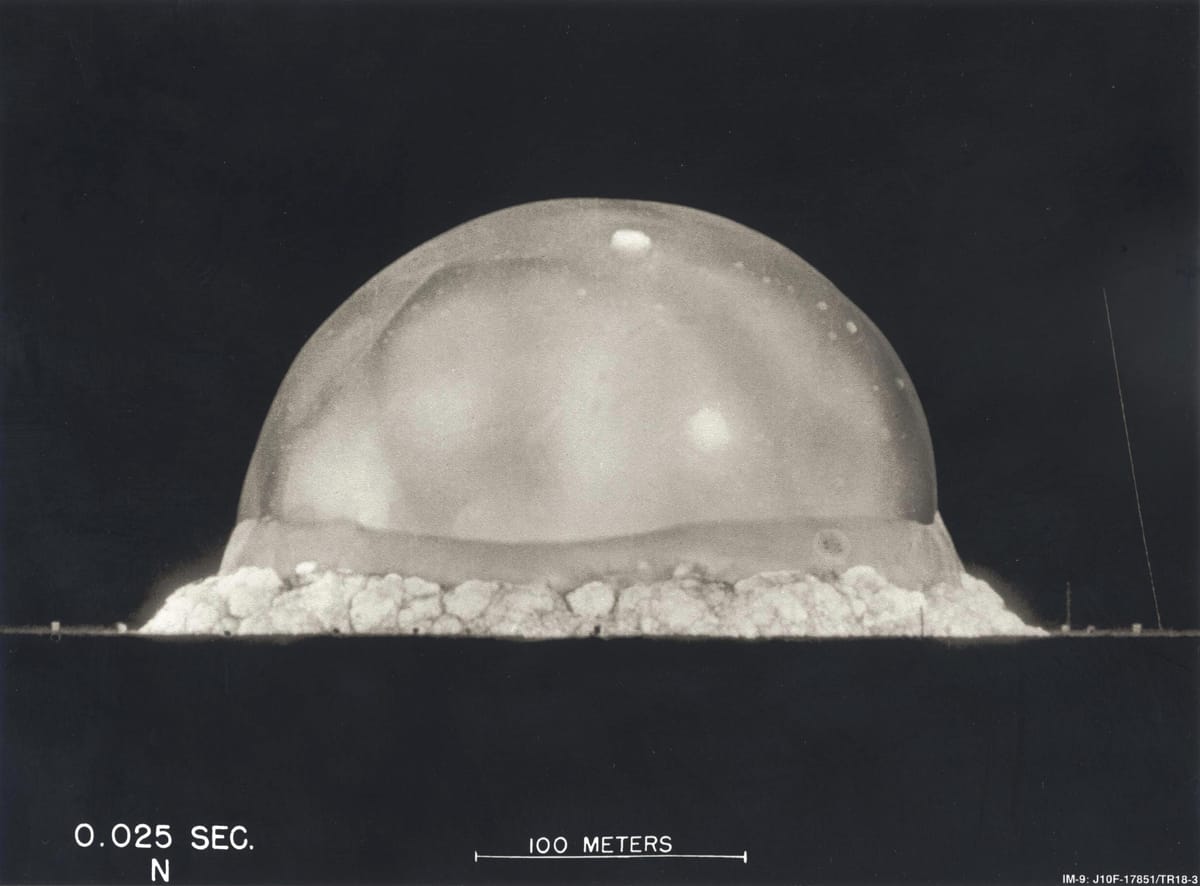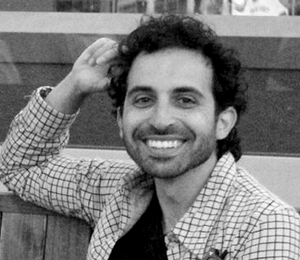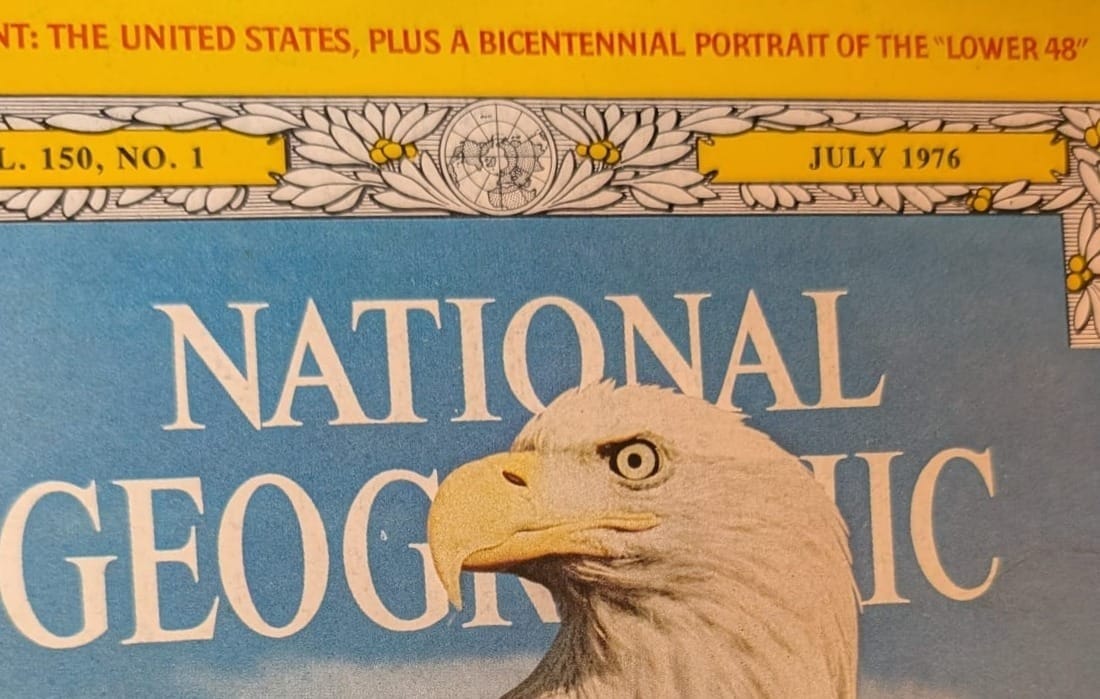Well — the Bad Times are here. Trump's first week in office sprayed a putrid jet of fascism into our most important institutions through the windows, floorboards, and (gagged) email servers. In an act of self-preservation this weekend, I took a break from the news to thumb through some old magazines I had thrifted – each one a little time-machine to designs, tech, and fashion of the 1970s.
Things took a turn when I opened National Geographic's bicentennial issue from July 1976. The issue featured a write-up about a day when NatGeo editors invited "five noted thinkers" to their offices to rattle off predictions about the future. These five old white dudes were Isaac Asimov (scifi author), Buckminster Fuller (architect/inventor), Edmund Bacon (city planner), Richard Babcock (attorney), and Gerard Piel (publisher of Scientific American). Each were asked to speculate how the next few decades of economics, government, society would go.
I'll keep this brief and just share snippets from three. Their remarks made me both laugh and curse the world; some filled me with whatever unnamed strain of grief we feel for a future that never happened.
Gerard Piel (publisher of Scientific American)
An (incorrect) prediction of stable human population where we might consider "zero economic growth"
This is profoundly overturning to all our thinking processes. We face the prospect that growth – the central driving principle of economics – will come to an end ... Such an economy, rather, would be engaged in recycling materials and in cherishing renewable resources; the key to both will be the mastery of new sources of energy."
Buckminster Fuller (architect/inventor)
I'm no expert on 1970's geopolitics but this is giving Cold War vibes – evergreen ones at that:
Every one of the great ideologies says, 'You may not like our system, but we have the fairest, most logical and ingenius way of coping with the fundamental inadequacies. Because others think differently, we finally must have a showdown of guns.
Echoes of hope in a decade marked by global oil crises. Something to consider today as the United States produces more crude oil than any country at any time in history.
"The problem confronting us today is the incredibly inefficient use being made of technology. Of the vast quantities of energy being consumed by humanity, the amount that results in actual benefit to human beings is very small indeed ... We keep putting up all these buildings to accommodate fake employment. These great buildings in our cities are just for making money. We have typewriters sleeping with the good plumbing and we have people sleeping in the slums."
"Humanity is still struggling along in a complete misapprehension, greatly fostered by ignorance and fear. In this great fear, human beings still assume that there is a fundamental inadequacy of life support on our planet....
I know the political assumptions that say there is not enough to go around are invalid. I know now that politics is invalid. I know war is invalid. Yet, I also know the technology, and I know it is highly feasible to take care of all humanity at higher standards than anyone has known."
Edmund Bacon (city planner)
On cities enhanced by electric taxis and buses:
"We've got to quit using petroleum for our basic way of getting around ... By this concept we lead people into a view of the removal of petroleum as being not an obstacle, but a fine, creative thing."
Consider Trump's corny plea to "drill baby drill" on day one, but remember that it doesn't to be this way:
"The great illusion of the suburban experience was that man can experience nature by owning pieces of it. And that is fundamentally incorrect. Nature eludes ownership."
(Also of note ... Edmund Bacon is actor Kevin Bacon's father!)

Science is political and it always has been.
As we enter week two of the Trump presidency, I've got these once-hopeful remarks lodged in my head. I'll close with a final excerpt from Isaac Asimov. It stood out from the rest and it captured a reflex that might sound cathartic right now: to go live underground for a bit.
"In an underground society we no longer have weather. We can live all year round in an equable temperature at all latitudes. We can have transportation not affected at all by inclement weather. We can establish our night and day the world over to suit ourselves and thus remove a great deal of what separates us from each other."




